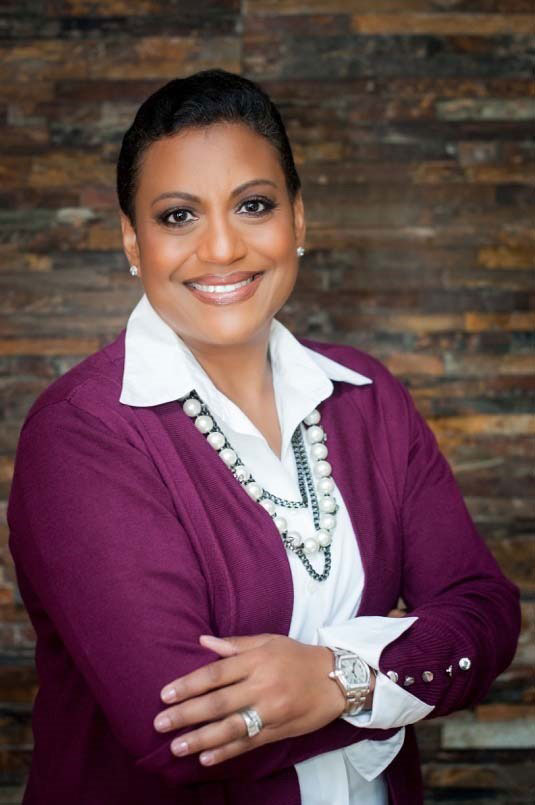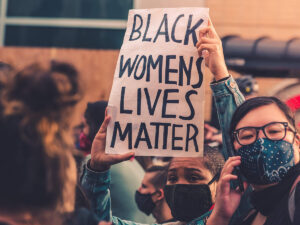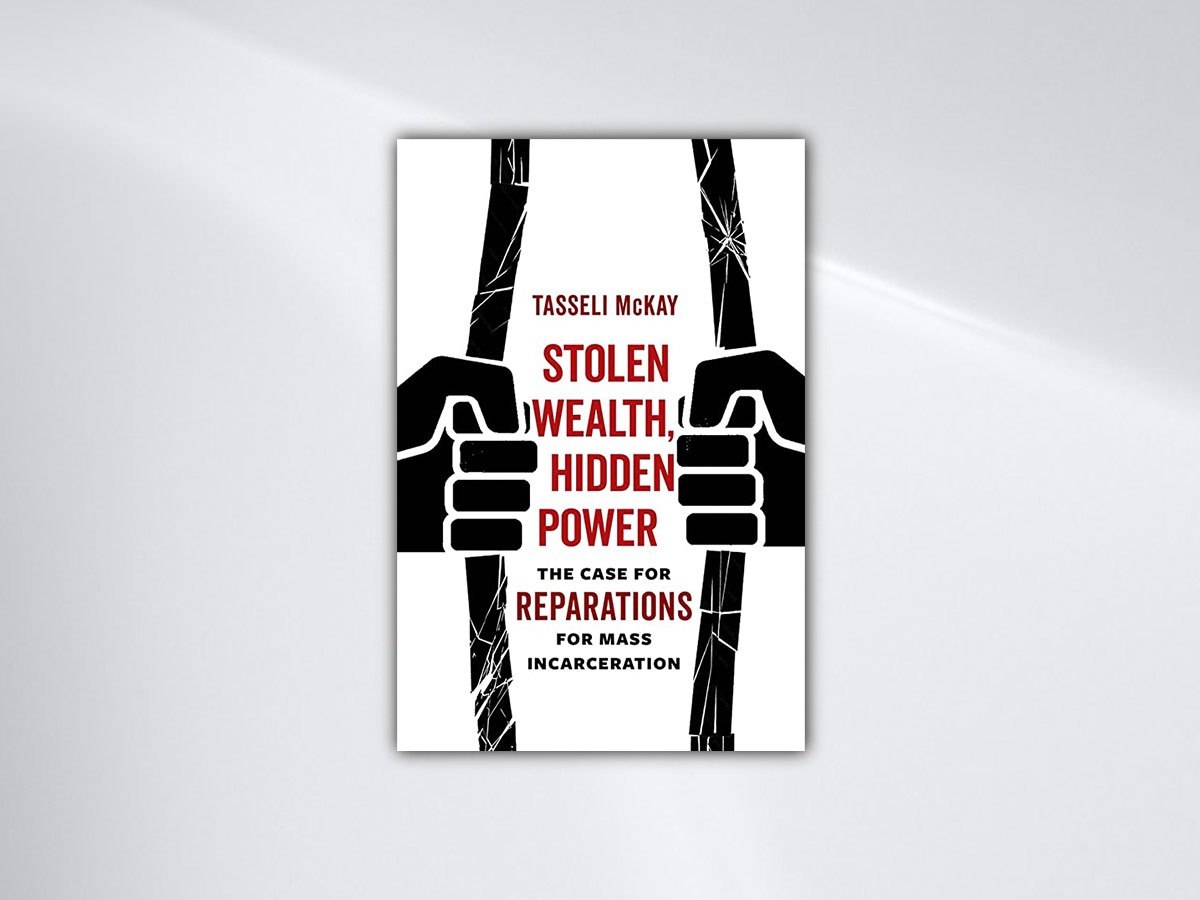
In the US, pregnant Black women and their newborns have always been at far higher risk of experiencing complications in pregnancy than white women. But those statistics can be changed through sound policy and more holistic approaches to care. In our latest Tiny Spark podcast, we hear from two women who are at the forefront of improving the experiences of Black expectant mothers.

“We’re considered the most dangerous developed nation in the world in which to give birth,” says Stacey Stewart, the first Black CEO and President of March of Dimes, a nonprofit focused on maternal health. “We have never had a healthcare system that provides equitable, high quality, affordable healthcare to all people,” she tells us. “Especially to people of color.”
But a powerful group of Black professionals have been working to combat this problem for ages. They are researchers, OBGYNs, nonprofit leaders, doulas, policymakers, and midwives like Ebony Marcelle, director of midwifery at Community of Hope, a nonprofit serving low-income and homeless families in Washington, DC.
“This is not a new problem,” Marcelle explains. “There have been plenty of incredible advocates, Black women-led organizations who have been screaming about this for decades.”
Sign up for our free newsletters
Subscribe to NPQ's newsletters to have our top stories delivered directly to your inbox.
By signing up, you agree to our privacy policy and terms of use, and to receive messages from NPQ and our partners.
Marcelle has experienced firsthand the health sector’s prejudices that can lead to poor and discriminatory care of Black women. “I love being a midwife,” she admits, “But midwifery does not get a pass that it’s not racist.”
When it comes to maternal mortality, Marcelle points out that educated, financially secure Black women “who have macrobiotic diets and do yoga every single day” still suffer from pregnancy complications at far higher rates than white women. “That’s how we’re finally starting to have the conversation about the effects of chronic stress,” she says. “And having the discussion about racism and its effects on health.”
Marcelle and Stewart both stress that maternal mortality is not just an issue that affects poor women. In the episode, Tiny Spark learns more about the historic decisions that led to 90 percent of today’s midwives being white, and hears what a positive difference training more Black midwives could make. And both women share the influences that drew them to this work. “The day I caught my first baby, I cried,” Marcelle tells us. “I was like, Yup. This is where I’m supposed to be.”
Photo Credits: Ebony Marcelle (cover, Kea Dupree Photography); Stacey Stewart (provided by subject)
ADDITIONAL RESOURCES:
- Mimi Niles and Michelle Drew, “Constructing the Modern American Midwife: White Supremacy and White Feminism Collide,” Nursing Clio. October 22, 2020.
- Erica Chidi and Erica P. Cahill, M.D., “Protecting Your Birth: A Guide For Black Mothers,” New York Times. October 22, 2020.
- Anna North, “America is failing Black moms during the pandemic,” Vox. August 10, 2020.
- Chelsea Cirruzzo, “Black women are more likely to die during childbirth. These six leaders are trying to change that.” The Lily, March 4, 2020.
- Nina Martin, “Does A Larger Role for Midwives Mean Better Care?,” February 22, 2018.
- Jacqueline Howard, “Childbirth is killing black women in the US, and here’s why,” November 15, 2017.
- Ebony Marcelle [née Roebuck], “Affirming the Strength of Mothers in our Nation’s Capital,” Huffington Post. June 15, 2015.
- On Twitter: Stewart @MarchofDimesCEO & Marcelle @Ebmidwif














